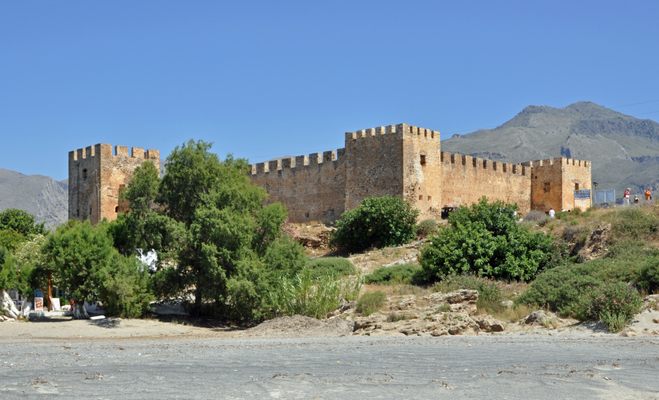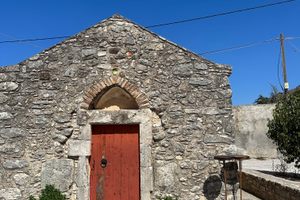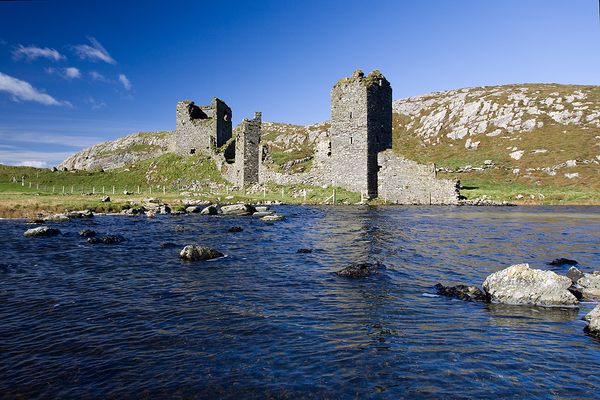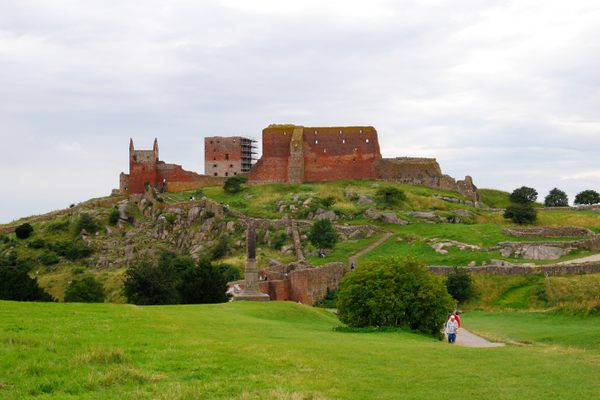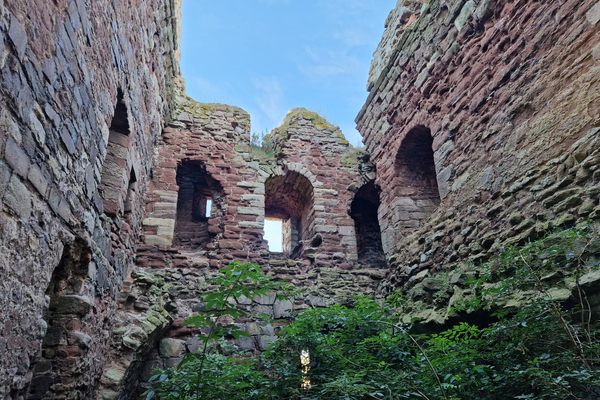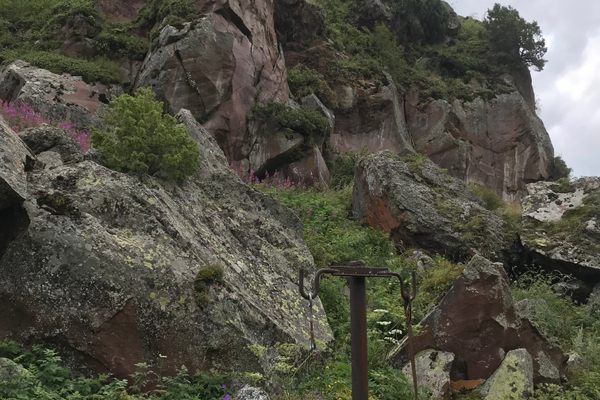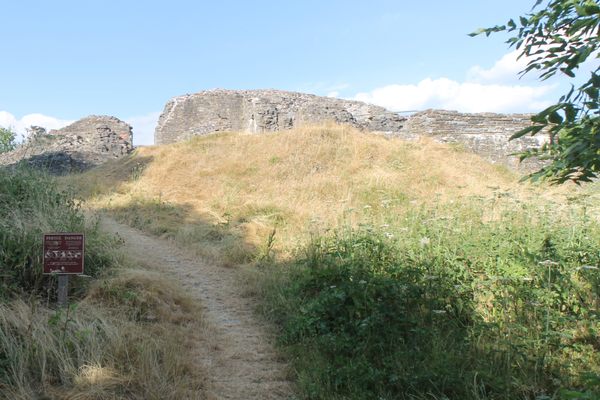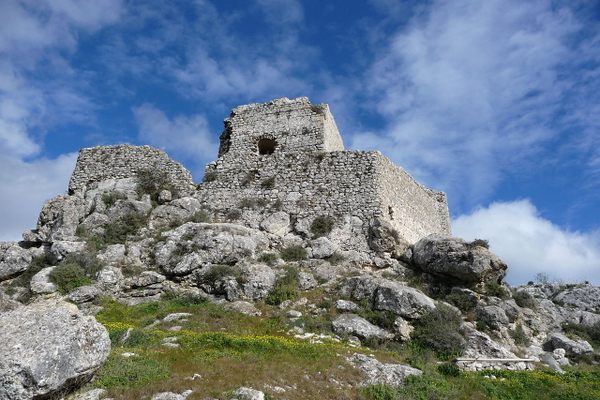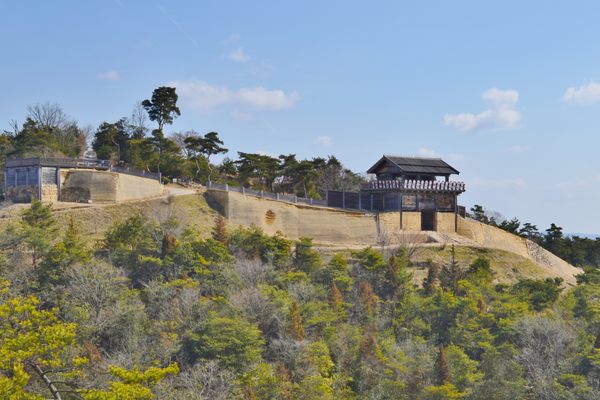About
Each May, dark, fleeting figures descend upon a stretch of sand leading up to this 14th-century Venetian fort. In the early morning, when the sun still hangs low over a calm, glassy sea, these ghosts of slain Greek soldiers advance toward the ruins. Dressed in black, they trek onward by foot and horseback, their weapons glowing beneath an awakening sky.
At least, that’s what the locals will tell you. Every year around May 17, the people of Frangokastello, Greece, report seeing the shadowy spirits on their annual march across the beach. They call them the “Drosoulites” or “dew men” because they arrive when the morning humidity leaves pearls of moisture on the earth and paints the air with thin wisps of mist.
Sightings of the mysterious figures are surprisingly well documented. During World War II, Nazi soldiers out on patrol supposedly shot at the eerie, ephemeral intruders. Their appearance has baffled scientists, who so far have chalked it up to a meteorological phenomenon, though they have yet to agree on exactly which one.
To the Greeks, the appearance of the "dew men" marks the anniversary of the 1828 Battle of Frangokastello, a notorious event during the Greek War of Independence. After a seven-day siege, thousands of Turkish forces massacred the roughly 350 Cretan and Epirote soldiers who had bunkered down inside the fortress. They left the bodies of the slain soldiers unburied on the beach, where they rotted beneath the Mediterranean sun.
Related Tags
Published
January 10, 2018


